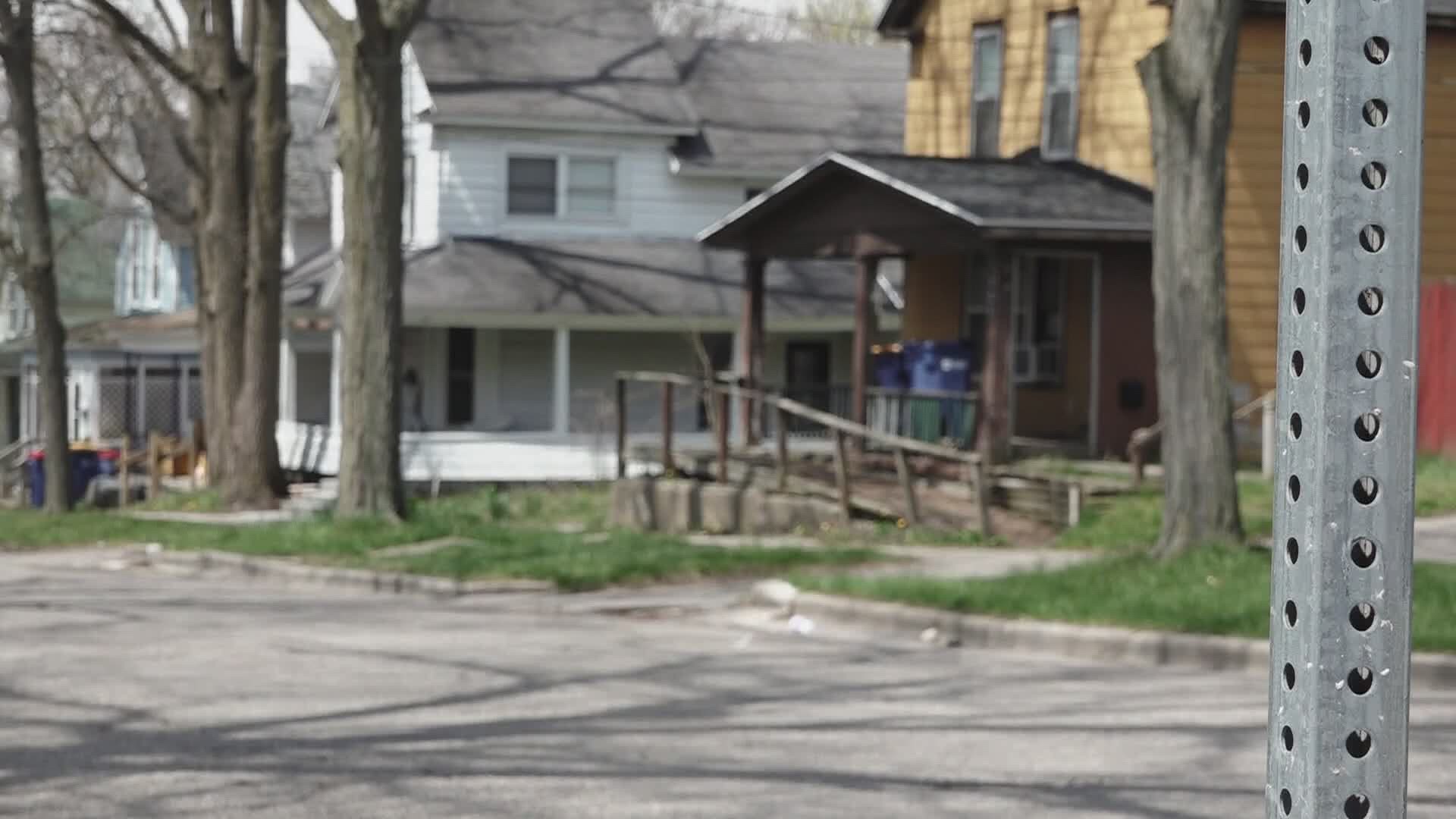GRAND RAPIDS, Mich. — As Gov. Gretchen Whitmer loosens restrictions that have been in place for weeks since the COVID-19 outbreak, the executive order that temporarily suspended evictions across the state of Michigan is set to expire on June 11 at 11:59 p.m. The governor first issued the order at the end of March.
On Tuesday, he groups No Rent Michigan and the Grand Rapids Tenant Union teamed up to hold a car rally on the southeast side of Grand Rapids. The protest at Garfield Park was calling on Gov. Whitmer to extend the moratorium on evictions.
Experts say the best way forward for tenants facing eviction, is to communicate with their landlord. Attorney Kevin Sutherland suggests that tenants and landlords enter a ‘forbearance agreement.'
“So that they have an opportunity to know what’s going on, are they looking to get back to work, is there anything I can do, but if there is no communication, most landlords are going to fear the worst," Kevin says. “One of the things we have been encouraging all of our clients to do is enter into a forbearance agreement outside of court. What that really means is take whatever is owed from the last few months and break it up over the next six months, the extension of their lease, whatever makes the most sense.”
Either a tenant or a landlord can suggest the forbearance agreement. Attorneys recommend signing the agreement in writing. Kevin also says that even when the extension is lifted on Friday, a lot of properties will be protected from eviction under the CARES Act. See which properties are covered by the CARES Act here.
“That still prohibits a landlord from seeking an eviction for non-payment of rent until after July 25th Ultimately, the tenants have rights, number one, the right to proper notice. I think it’s a little unclear specifically how they want us to proceed after July 25th and I’ll tell you in my mind that’s the bigger date.”
Additional resources for tenants and landlords are available through Heart of West Michigan United Way. Sherri Vainavicz is the Director of 2-1-1. She says having an open conversation between tenants and landlords is the best thing to do to move forward.
"Agencies in the area, you have legal aid, the Grand Rapids Urban League has a landlord/tenant department. And they can sit down with you to one, let you know what your legal rights are as a tenant, but also work with you on the forbearance agreement," Sherri says. "The best thing you can do is to have open conversation with your landlord and mortgage company, and see if you can come to some type of an agreement to help you and them move forward."
For additional information about tenants rights, click here for a Q and A with Heart of West Michigan United Way and Karen Tjapkes, director of litigation at Legal Aid of Western Michigan, a United Way partner agency.
More stories on 13 ON YOUR SIDE:
►Make it easy to keep up to date with more stories like this. Download the 13 ON YOUR SIDE app now.
Have a news tip? Email news@13onyourside.com, visit our Facebook page or Twitter. Subscribe to our YouTube channel.


